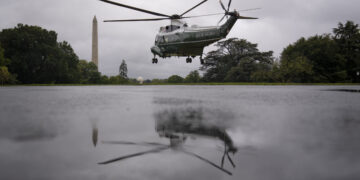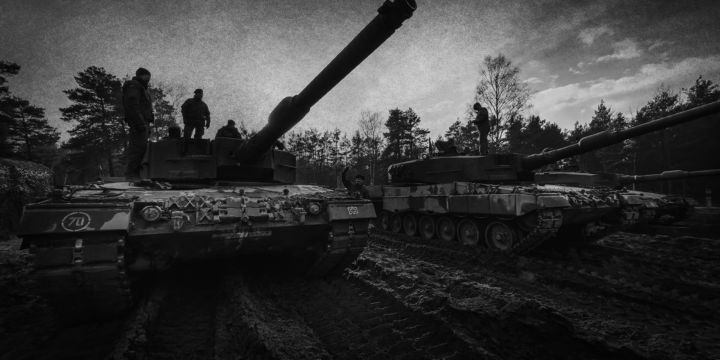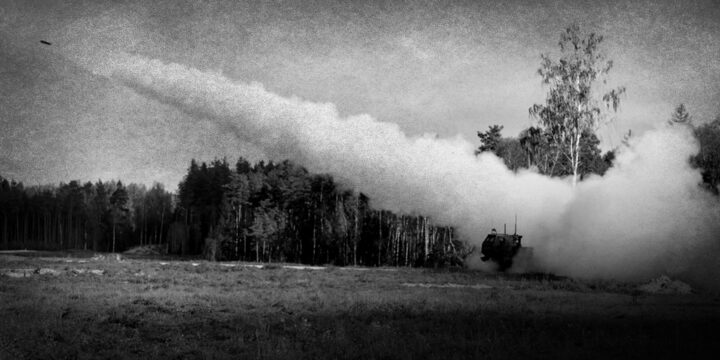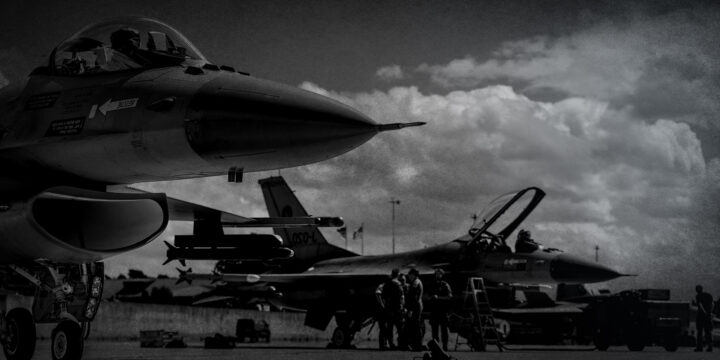February 2, 2025
The U.S. should do more to advocate for peace

With Donald Trump’s return to the White House, many commentators are focused on the potential for deal-making. First, with the latest ceasefire agreement in Gaza and second, with Trump’s claims to be able to bring about an end to hostilities and fighting in Ukraine. However, with the U.S. being a secondary actor in both conflicts, not physically participating directly in fighting on the ground, why should a change of leadership in the United States serve as a focal point for a potential deal in either conflict?
With the ceasefire in Gaza coming just days before the inauguration, it seems that the transition of power in the U.S. is turning out to be a key force in breaking the bargaining stalemate, implying the potential for the same to be the case in Ukraine. However, simply coming to power is not enough for the incoming U.S. administration to end the wars, as a negotiation process is complex, with multiple factors driving actors and outcomes.
In his book How Wars End, Dan Reiter, professor of political science at Emory University, introduces a two-pronged framework in bargaining processes for conflict termination. The first prong involves information—the states will attempt bargaining to end conflicts after fighting has revealed the information that was unknowable or private at the beginning of the conflict, including the relative balance of power, the fighting resolve on either side, and the potential actions of third parties. Reiter then argues that while this prong is important to the deal-making process, it is not enough on its own to ensure that bargaining is even attempted, let alone concluded. In the case of Ukraine, much of this information was known as early as March 2022, and yet the fighting has continued for three years.
More on Europe

Trump’s ‘Donroe Doctrine’ flaunts U.S. expansionism and intervention. But will it pay off long-term?
Featuring Jennifer Kavanagh
January 25, 2026

January 23, 2026
Events on Ukraine-Russia







